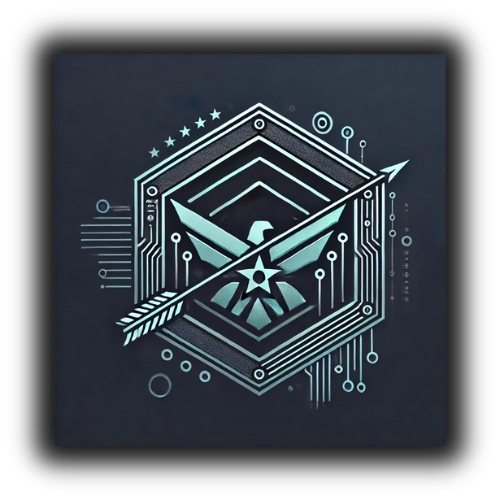On Monday, OpenAI announced the launch of a ChatGPT for businesses as the artificial intelligence phenomenon struggles with dwindling user numbers nine months after its historic launch. According to a blog post by OpenAI, ChatGPT Enterprise would provide business users with a premium version of the bot that has “enterprise-grade” security and privacy upgrades from earlier versions.
Since large corporations like Apple, Amazon, and Samsung have forbidden their employees from utilizing ChatGPT out of concern that private information may be leaked, data security has become a crucial issue for OpenAI.
According to OpenAI, today represents a further advancement toward a work-related AI assistant that can assist with any activity, is tailored to your business, and safeguards your company’s data.
The commercial version of ChatGPT is comparable to Bing Chat Enterprise, a product provided by Microsoft that makes use of the same OpenAI technology thanks to a significant relationship.
The company stated that it “believes AI can assist and elevate every aspect of our professional lives and make teams more creative and productive.” Additionally, it stated that organizations like Carlyle, The Estée Lauder Companies, and PwC were among the first to use ChatGPT Enterprise.
The release occurred while ChatGPT was having trouble sustaining the fervor that had made it the fastest-downloading app in the world in the weeks following its debut. The Twitter competitor of Facebook owner Meta, Threads, took over that title last month.
According to analytics firm Similarweb, ChatGPT traffic fell by about 10% in June and again in July. These declines could be attributable to students being out of class for the summer. According to Similarweb, around 25% of ChatGPT’s global users are between the ages of 18 and 24.
The major worry, according to two-thirds of US respondents who had heard of ChatGPT, is that the government won’t go far enough in regulating its usage.
Additionally, the study indicated that from 12% of individuals who had heard of ChatGPT in March to 16% in July, more people were using it for learning and work-related tasks.

